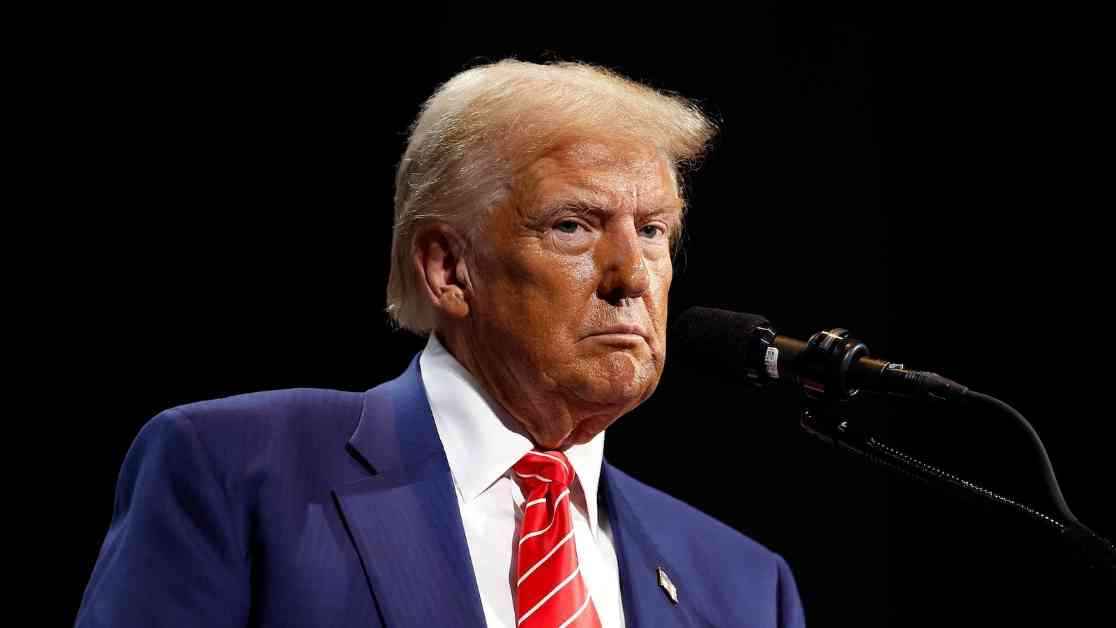On a Monday in Boston, a federal judge will weigh a critical decision with far-reaching implications: whether to halt President Donald Trump and tech magnate Elon Musk’s controversial bid to buy out tens of thousands of federal employees. The unprecedented move, orchestrated through the Office of Personnel Management, has sparked a legal battle that pits the executive branch against three federal employee unions and a coalition of 20 Democratic attorneys general.
The unions, represented by legal teams from the American Federation of Government Employees, the American Federation of State, County and Municipal Employees, and the National Association of Government Employees, have decried the buyout as an “unlawful ultimatum.” They argue that the Office of Personnel Management’s “Fork Directive” amounts to a coercive tactic aimed at compelling the mass resignation of government workers under the threat of imminent termination. In a scathing rebuke, union lawyers have characterized the directive as a hasty and arbitrary measure lacking in sound rationale.
The controversial buyout offer, a central pillar of Trump’s ambitious plan to streamline the federal workforce in collaboration with Musk’s Department of Government Efficiency, was delivered to over two million government employees. Sent under the ominous subject line “Fork in the Road,” the offer promised full pay and benefits until September for any federal worker willing to accept a deferred resignation by February 6. Drawing parallels to Musk’s previous “Fork in the Road” strategy at Twitter, the buyout has been portrayed by the Trump administration as a pivotal step in redefining the federal workforce and fostering efficiency.
The Legal Showdown Unfolds
With the fate of thousands of federal employees hanging in the balance, the federal judge presiding over the case, U.S. District Judge George O’Toole Jr., has emerged as a pivotal figure in the unfolding drama. Nominated to the bench by President Bill Clinton, Judge O’Toole made a critical decision just ahead of the buyout deadline, issuing a temporary restraining order to pause the directive pending further deliberation. In a carefully worded ruling, the judge expressed reservations about the directive’s legality, highlighting the need for a thorough examination of the issues at hand.
The Trump administration swiftly responded to the legal setback by extending the buyout offer deadline, citing the need to accommodate federal workers who had not yet accepted the deal. Press secretary Karoline Leavitt lauded the judge’s decision, framing the offer as a generous opportunity for employees who preferred not to report to the office. However, the unions challenging the buyout have raised serious legal objections, contending that the president overstepped his authority with an ill-conceived and hastily implemented program that flouts established federal laws.
Expert Insights and Legal Analysis
Legal scholars and experts have weighed in on the unfolding legal drama, offering insights into the complex web of statutes and regulations that underpin the dispute. Loyola Marymount law professor Justin Leavitt underscored the delicate balance between executive authority and congressional oversight, noting that the Administrative Procedure Act of 1946 imposes strict guidelines on federal agencies to ensure thorough and considered decision-making. By invoking this foundational legislation, the unions have signaled their intention to hold the administration accountable for procedural missteps and violations of federal law.
In response to the unions’ legal challenge, Department of Justice attorneys have mounted a vigorous defense of the buyout offer, asserting the president’s prerogative to reshape the federal workforce in line with his policy objectives. Emphasizing the urgent need for reform and efficiency, DOJ attorney Joshua E. Gardner has warned of the disruptive consequences of further delays, urging the court to reject the unions’ claims and allow the buyout to proceed. As Judge O’Toole prepares to rule on the case, the fate of thousands of federal workers hangs in the balance, with profound implications for the future of the federal government.
Stay tuned as the legal showdown in Boston unfolds, shaping the contours of executive authority, congressional oversight, and the rights of federal employees in a rapidly evolving political landscape. The outcome of this high-stakes legal battle will not only determine the fate of Trump’s controversial buyout offer but also set a precedent for the limits of executive power in reshaping the federal workforce. As the courtroom drama reaches its climax, the eyes of the nation are fixed on Boston, where justice will be served, and the rule of law will prevail.


